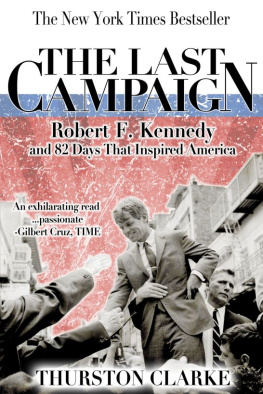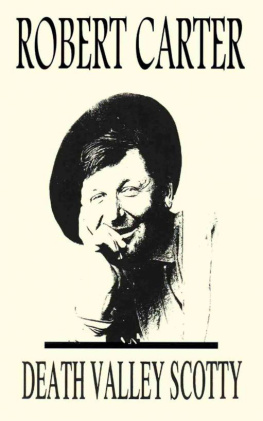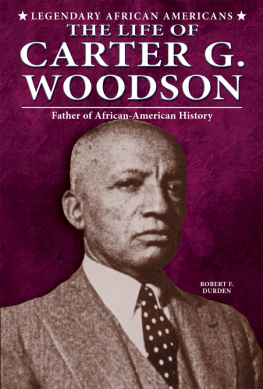Copyright 2013 by
The Curators of the University of Missouri
University of Missouri Press, Columbia, Missouri 65201
Printed and bound in the United States of America
All rights reserved
5 4 3 2 1 17 16 15 14 13
Cataloging-in-Publication data available from the Library of Congress
ISBN 978-0-8262-2008-0

This paper meets the requirements of the American National Standard for Permanence of Paper for Printed Library Materials, Z39.48, 1984.
Design and composition: Jennifer Cropp
Printing and binding: IBT/Hamilton
Typefaces: Minion and Thonburi
Drawings from Carter's letters are reproduced courtesy of the Robert Dexter Carter Collection, Rutherford B. Hayes Presidential Center, Fremont, Ohio. Photographs of the Philippine-American War are used courtesy of the Library of Congress and the Military History Institute. Photograph of Maj. R. D. Carter reprinted from Bingham Military School for Boys Catalog for 1920 courtesy of the North Carolina Collection, Pack Memorial Public Library, Asheville, North Carolina. Photographs of the Second Reserve Hospital, Manila, reprinted from Mary C. Gillett, The Army Medical Department, 1865-1917 courtesy of the National Library of Medicine.
ISBN-13: 978-0-8262-7305-5 (ebook)
For Edward J. Shay and Mary P. Shay from their Affectionate Son
Preface
During the research phase of my biography of Major General Clarence Ransom Edwards, I eventually found my way to the papers of Robert Dexter Carter. In 1898, at the start of the Spanish-American War, Edwards, a career Army officer, accepted a commission as a major of Volunteers, and he was eventually assigned to the staff of Major General Henry Ware Lawton as his Assistant Adjutant General, 1st Division, 8th Army Corps. The division was posted to the Philippines, and in January 1899, Lawton, his family, and staffincluding Edwardssailed from New York aboard the United States Army Transport (USAT) Grant. Also aboard was twenty-two-year-old Robert Dexter Carter, who, as the son of a former colleague of General Lawton's, was appointed as a temporary civilian quartermaster clerk in his headquarters.
I began my background research for the Philippine-American War with the classic Schoolbooks and Krags by John Morgan Gates. In his footnotes, the author referred to the Carter papers at the Rutherford Hayes Presidential Center in Fremont, Ohio. Hoping to find some references to Lawton, and possibly to Edwards, I made the fortunate acquaintance of the curator, Nan Card, and, in turn, the Robert Dexter Carter Papers. Nan graciously answered my questions and copied Carter's nearly forty letters, along with the diary of his voyage to the Philippines, as well as articles and fragments of articles that he wrote hoping for their publicationin sum, literally hundreds of pages mostly in the young man's crabbed handwriting, virtually devoid of punctuation. Thank you, Nan.
Carter's father, Robert Goldthwaite Carter, who retired due to a service disability, was a war hero and a longtime friend of Lawton, both having served in Texas under Col. Ranald S. Mackenzie in the 4th Cavalry in the 1870s. Young Carter obtained his position through the influence of Lawton, and his respect for and awe of Lawton is clear throughout his writings. Carter was a frequent visitor to the Lawton's home, where he was introduced to notables like Brig. Gen. Frederick D. Grant. Understandably, his letters home, particularly to his father, are full of news and gossip related to his father's friend. We also get to see the kindness and generosity of an Army spouse, Mary Lawton, who took the time to look out for Carter while he was in the hospital, and at other times, by lending him books she thought he would like.
Robert was also a keen observer. Through him, we get a glimpse of life in Manilathe sights, the smells, and the native peoples. He was not completely deskbound, and he served in the field from time to time. In addition to his letters, Carter's diary and several related articles present a firsthand account of the historic voyage of the USAT Grant, which carried Lawton, his family, and his command through the Suez Canal to Manila in early 1899. Carter's papers are important, because they help form a picture of the war from the standpoint of a noncombatant, although some of his experiences in and outside of Manila could be described as harrowing. All too often, the role of support troops in war are either minimized or ignored. His article written one Sunday while traveling along the Manila-Dagupan Railway to Calumpit colorfully illustrates the massive logistical tail supporting Generals Lawton and MacArthur during their first campaign into Central Luzon. All in all, Carter opens a window onto the everyday experiences of an ordinary young man during an extraordinary time.
My thanks also go to Luther D. Hanson, Curator of the U.S. Army Quartermaster Museum at Fort Lee, Virginia. Luther generously searched out materials, including information about the USAT Grant, prior to my visit, and he was there to answer my questions. Also, thanks go to Richard Baker and Rod Foytik of the Military History Institute at the Army Heritage & Education Center in Carlisle, Pennsylvania. Both of them were most helpful in accessing the vast collection of materials and photographs pertaining to the Philippine War; their help made the visit productive. Thanks once again to Suzanne Christoff, associate director for Special Collections and Archives at West Point, who helped me access the great on-line digital collection there. Ginny Roth, curator of Prints and Photographs at the National Library of Medicine in Bethesda, Maryland, found several old photographs of the 2nd Reserve Hospital in Manila circa 1899, and she patiently scanned and re-scanned them for me. Likewise, Zoe Rhine, librarian at the Pack Memorial Public Library in Asheville, North Carolina, located and scanned the only photograph of Robert Dexter Carter that I was able to find. Thank you both.
Finally, the book would not have come about without the help of my best friend and traveling companion, Marilyn. It was through her curiosity, after many years of passing and re-passing the sign on the Ohio Turnpike, that we first went to Spiegel Grove, the home of President Rutherford B. Hayes in Fremont, Ohio, and, more important, the location of his Presidential Center. Marilyn, Spike, and I travel about the country doing research. Her patience and insights (not to mention her camera work!) are invaluable. Here's to her!
Editor's Note
In the process of reading and transcribing the letters of Robert Dexter Carter, I found that, although his spelling was generally good, his punctuation was almost nonexistent. Moreover, his sentence structure was poor, as he used run-on sentences. Capitalization was hit and miss, and in his haste to get his letters posted, he often left many articles and prepositions out altogether. In addition, some pages were missing or torn, while in other places some words and phrases were indecipherable. In order to make the text more readable, I have inserted a word or two, some obvious, where it fit the context, while some were my best guess. In any case, I kept such insertions to a minimum. Hopefully, I have remedied these deficiencies without altering the text or disturbing the flow of the young man's thoughts.


 This paper meets the requirements of the American National Standard for Permanence of Paper for Printed Library Materials, Z39.48, 1984.
This paper meets the requirements of the American National Standard for Permanence of Paper for Printed Library Materials, Z39.48, 1984.
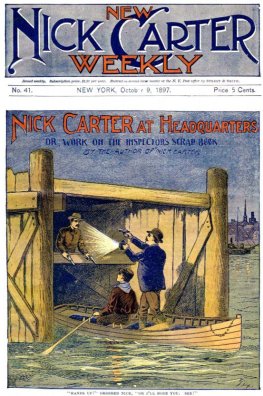

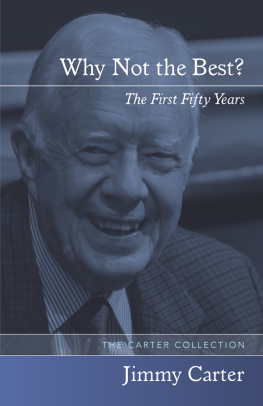
![Jenny Carter - Fuzzy Logic(2021)[Carter et al][9783030664749]](/uploads/posts/book/265335/thumbs/jenny-carter-fuzzy-logic-2021-carter-et.jpg)
